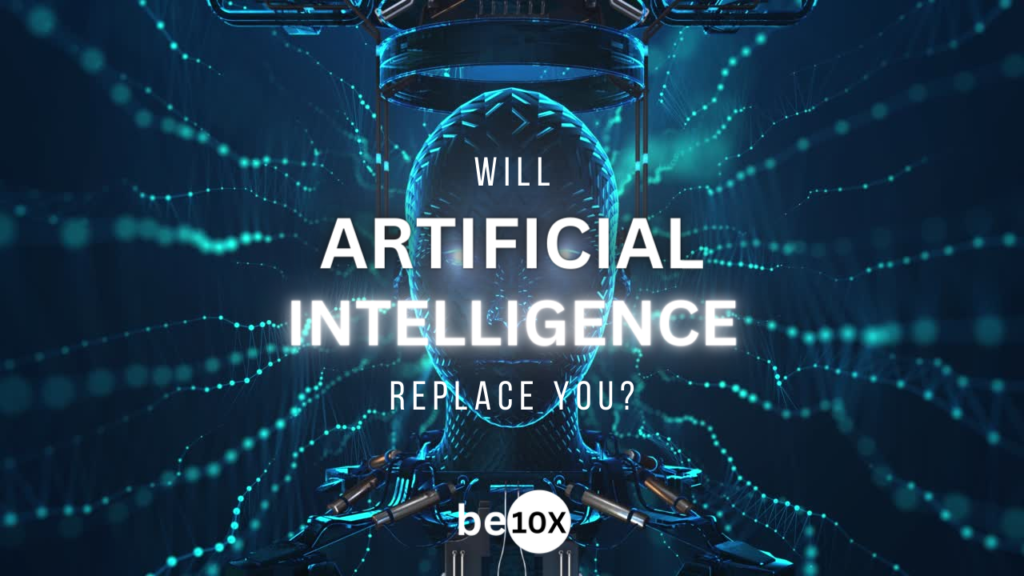Artificial intelligence (AI) has become an integral part of our lives, and its impact on the job market is a topic of much debate. While some experts predict that AI will replace human jobs, others argue that AI will only complement human workers. In this blog, we will explore the idea that AI won’t replace you, but a person using AI will.
What is AI?
AI refers to the ability of machines to simulate human intelligence and perform tasks that typically require human-like thinking, such as learning, reasoning, and problem-solving. AI is classified into two types: narrow or weak AI, and general or strong AI. Narrow AI is designed to perform a specific task, such as voice recognition or image analysis, while general AI is capable of performing any intellectual task that a human can do.
The impact of AI on jobs
There is no doubt that AI has the potential to disrupt the job market. According to a report by the McKinsey Global Institute, up to 375 million workers, or 14% of the global workforce, may need to switch occupations or acquire new skills by 2030 due to AI and other automation technologies. However, this does not necessarily mean that AI will replace human workers. Instead, AI will complement human workers, allowing them to focus on tasks that require uniquely human skills.
The role of humans in the AI era
While machines are becoming more intelligent, they are still limited in their ability to perform tasks that require creativity, emotional intelligence, and social skills. This is where human workers come in. Human workers have unique abilities that machines cannot replicate, such as the ability to connect with people on an emotional level, think creatively, and solve complex problems.
AI is best seen as a tool that can help human workers perform their jobs more efficiently and effectively. For example, AI can automate routine tasks, freeing up human workers to focus on more complex tasks that require creativity and critical thinking. AI can also assist human workers in decision-making by providing them with data-driven insights that help them make more informed decisions.
AI can also help human workers learn and develop new skills. AI-powered learning platforms can provide personalized training to workers, helping them to acquire new skills and stay relevant in an ever-changing job market. Additionally, AI can be used to match workers with job opportunities based on their skills and interests, helping them to find fulfilling careers.
The future of work in the AI era
The future of work in the AI era is not about humans versus machines. Instead, it is about humans working alongside machines to achieve better outcomes. The integration of AI into the workplace will require a new set of skills from workers. Workers will need to be comfortable working with AI and understand how to use it to enhance their job performance.
One of the biggest challenges in the AI era will be ensuring that workers are not left behind. AI has the potential to create new job opportunities, but it can also lead to job displacement for workers who lack the skills needed to adapt to the changing job market. To address this, governments, businesses, and educational institutions need to work together to provide workers with the skills and training they need to succeed in the AI era.
Conclusion
In conclusion, AI won’t replace you, but a person using AI will. AI is not a threat to human jobs but rather a tool that can help human workers perform their jobs more efficiently and effectively. As AI becomes more prevalent in the workplace, workers will need to develop new skills and adapt to the changing job market.
AI Tool of the Day
✴︎
#75 Juice.ai
Governments, businesses, and educational institutions need to work together to ensure that workers are not left behind in the AI era. The future of work in the AI era is not about humans versus machines but rather about humans working together with AI.




is this Chat GPT for any Commerece Graduates